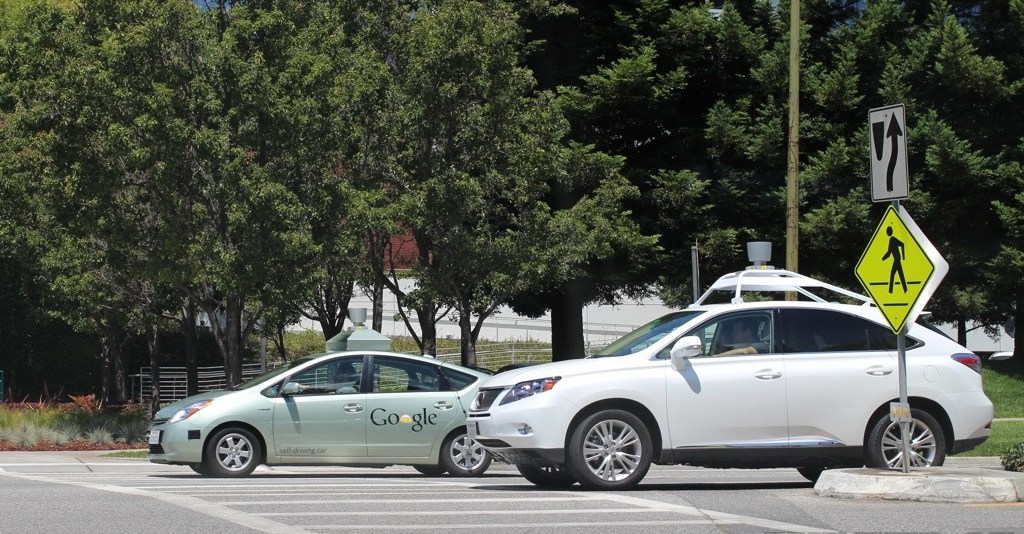The dawn of self-driving cars is not just a technological evolution but a significant transformation in how we perceive transportation and mobility. As major players in the tech industry, companies like Google, Tesla, and Uber are at the forefront of this revolution, actively shaping the future of automated vehicles. With advancements in artificial intelligence, machine learning, and sensor technology, we’re witnessing a shift that promises to redefine our roads and commuting experiences.
The Current Landscape of Self-Driving Technology
Self-driving cars, often referred to as autonomous vehicles (AVs), utilize a combination of hardware and software to navigate without human input. The key technologies enabling this transformation include:
- Artificial Intelligence: AI algorithms process vast amounts of data to make driving decisions.
- Machine Learning: These systems learn from past experiences to improve performance over time.
- Sensors and Cameras: Lidar, radar, and cameras provide a 360-degree view of the vehicle’s surroundings.
- Connectivity: Vehicles communicate with each other and infrastructure to enhance safety and efficiency.
These technologies are being developed and tested by several tech giants, making the race toward fully automated vehicles more competitive than ever.
Google’s Pioneering Role in the Self-Driving Revolution
Google, through its subsidiary Waymo, has emerged as a leader in the self-driving car industry. The company has invested billions in research and development, focusing on creating a safe and reliable autonomous vehicle. Waymo’s technology is built on years of data collection and testing, allowing it to navigate complex urban environments with remarkable precision.
Notably, Waymo has already launched a fully autonomous ride-hailing service in select areas, which provides a glimpse into the potential future of transportation. By offering a safe and efficient alternative to traditional taxis, Waymo is setting a benchmark for other companies to follow.
Other Key Players in the Self-Driving Arena
While Google has made significant strides, other tech giants are also making their mark in the industry:
- Tesla: With its Autopilot and Full Self-Driving (FSD) features, Tesla has brought semi-autonomous capabilities to the masses. The company is continuously updating its software, pushing the boundaries of what is possible in self-driving technology.
- Uber: Although Uber faced setbacks in its self-driving program, it continues to invest in AV technology through partnerships and research. The company aims to integrate autonomous vehicles into its ride-sharing platform.
- Apple: Rumored to be developing its own autonomous vehicle project, Apple has been quietly working on self-driving technology. The company’s focus on user experience could lead to innovative solutions in the AV space.
Challenges Facing the Implementation of Self-Driving Cars
Despite the advancements and enthusiasm surrounding self-driving technology, several challenges must be addressed before widespread adoption can occur:
- Regulatory Hurdles: Governments worldwide are still developing regulations to ensure the safety and legality of autonomous vehicles. Clear guidelines are essential for manufacturers and consumers alike.
- Public Trust: Trust in self-driving technology is crucial. High-profile accidents involving autonomous vehicles have raised concerns among the public, making it imperative for companies to demonstrate their commitment to safety.
- Infrastructure Readiness: Many current road systems are not designed to accommodate self-driving vehicles. Upgrading infrastructure to support AVs is a significant undertaking that requires collaboration between tech companies and governments.
- Ethical Considerations: The decision-making algorithms in autonomous vehicles must be programmed to handle complex moral dilemmas, leading to debates about the ethics of self-driving technology.
The Future of Mobility: Opportunities and Innovations
While challenges exist, the future of self-driving cars is bright, offering numerous opportunities for innovation:
- Smart Cities: As cities become smarter, self-driving cars will integrate seamlessly into urban environments, improving traffic flow and reducing congestion.
- Accessibility: Autonomous vehicles have the potential to provide mobility solutions for the elderly and disabled, enhancing their independence and quality of life.
- Environmental Impact: Self-driving cars can be designed to optimize fuel efficiency and reduce emissions, contributing to a greener planet.
- New Business Models: The rise of AVs will create new business opportunities in logistics, public transport, and ride-sharing services, transforming how goods and people are transported.
Conclusion: Embracing the Era of Self-Driving Cars
As self-driving technology continues to advance, tech giants like Google are leading the charge, navigating the complexities of this revolutionary change. The innovations and challenges presented in the journey toward fully automated vehicles will shape not just the future of transportation but also the way we live, work, and interact with our surroundings.
While the road ahead is filled with hurdles, the potential benefits of self-driving cars are immense. From enhancing safety and efficiency to fostering sustainable urban environments, the contributions of these tech giants will redefine mobility for generations to come. Embracing this era of self-driving cars is not just about technological advancement; it’s about creating a safer, more connected, and sustainable future for all. As we navigate this exciting frontier, collaboration among tech companies, policymakers, and the public will be crucial in shaping a future where autonomous vehicles can thrive.
See more Future Tech Daily

